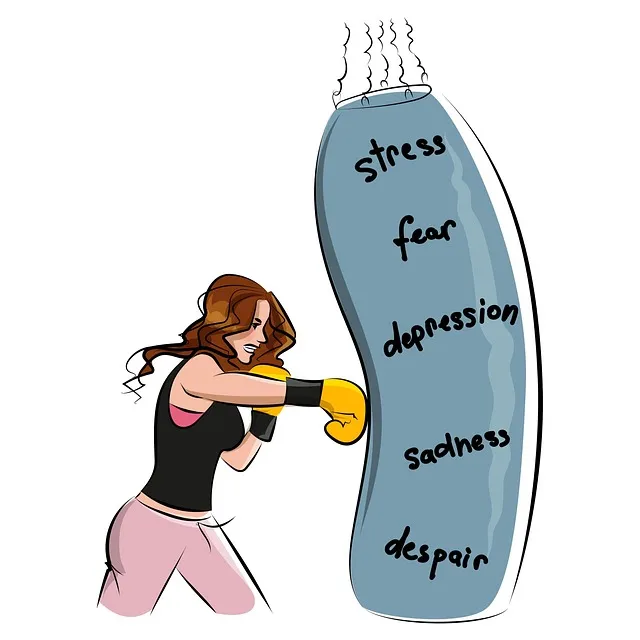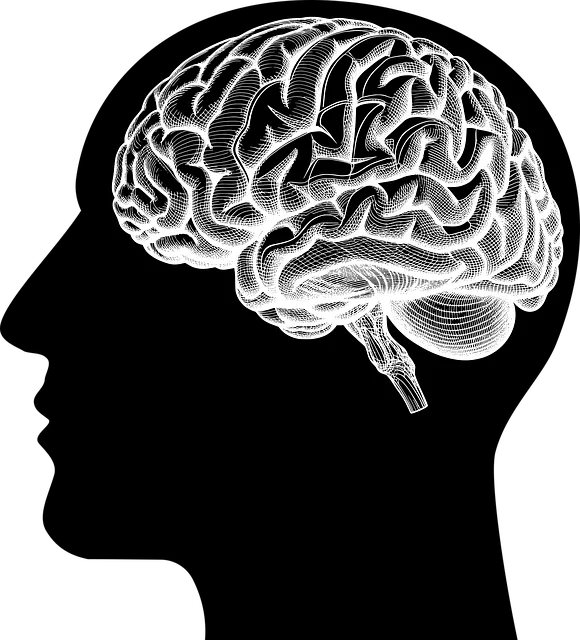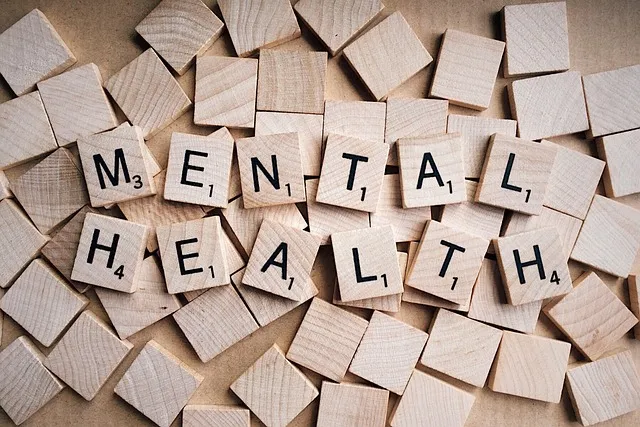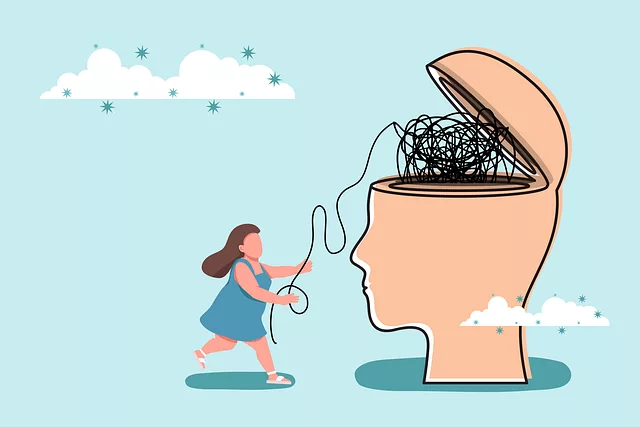Mental health stigma severely impedes recovery by delaying treatment. A study highlighted the "Golden" opportunity lost when individuals feel ashamed or afraid to disclose their struggles due to stigma. To combat this, Kaiser Permanente in Golden has implemented strategies like empathy building, tailored mental health education programs, and healthcare provider cultural competency training. Their Empathy Building Strategies equip providers with compassionate care for diverse needs, encouraging open conversations about mental health through community engagement and peer support groups. The Kaiser Permanente mental health appointment phone number facilitates access to vital resources, fostering a supportive environment where individuals can recognize distress signs, develop inner strength, resolve conflicts, and regulate emotions.
Mental illness stigma remains a significant barrier to treatment, causing many to avoid seeking help. This article explores efforts to reduce this harmful societal construct through case studies and effective strategies. We delve into the profound impact of stigma on mental health treatment, examining real-world initiatives like Kaiser Permanente’s approach, which emphasizes understanding, empathy, and accessible resources like their mental health appointment phone number (Golden). By highlighting these efforts, we aim to foster a more supportive environment for those facing mental health challenges.
- Understanding the Impact of Stigma on Mental Health Treatment
- Kaiser Permanente's Approach to Reducing Stigma: A Case Study
- Community Engagement and Education: Effective Strategies for Stigma Reduction
Understanding the Impact of Stigma on Mental Health Treatment

Stigma surrounding mental health issues can significantly impact an individual’s journey towards recovery and their willingness to seek help. When a person with mental illness feels stigmatized, they may hesitate to make that initial phone call to schedule a Kaiser Permanente mental health appointment. This barrier can lead to delays in treatment, exacerbating symptoms and potentially causing long-term harm. For instance, a study found that the Golden (a term often used to represent something of great value) of seeking early intervention is lost when individuals feel ashamed or afraid to disclose their struggles.
Reducing stigma is crucial through various means, such as Empathy Building Strategies, Mental Health Education Programs Design tailored to reach diverse communities, and Healthcare Provider Cultural Competency Training. These initiatives can foster a more supportive environment, encouraging open conversations about mental health and breaking down the walls that isolate those in need. By understanding and addressing the impact of stigma, we can ensure that individuals are not deterred from accessing vital care and support.
Kaiser Permanente's Approach to Reducing Stigma: A Case Study

Kaiser Permanente, a healthcare organization based in Golden, has made significant strides in stigma reduction efforts regarding mental health. Their approach focuses on both systemic changes and personal connections, aiming to create an environment where individuals feel comfortable seeking support for their mental well-being. One key strategy is their Empathy Building Strategies, which involve training healthcare providers to offer compassionate care. This includes cultural competency training to ensure understanding and respect for diverse patient backgrounds and experiences related to mental illness.
Additionally, Kaiser Permanente promotes self-care routines as a vital aspect of mental health management. They encourage patients to prioritize self-care practices tailored to their unique needs, fostering resilience and coping mechanisms. By combining these approaches, Kaiser Permanente is making significant inroads into reducing the stigma surrounding mental health, making it easier for individuals to access care and support.
Community Engagement and Education: Effective Strategies for Stigma Reduction
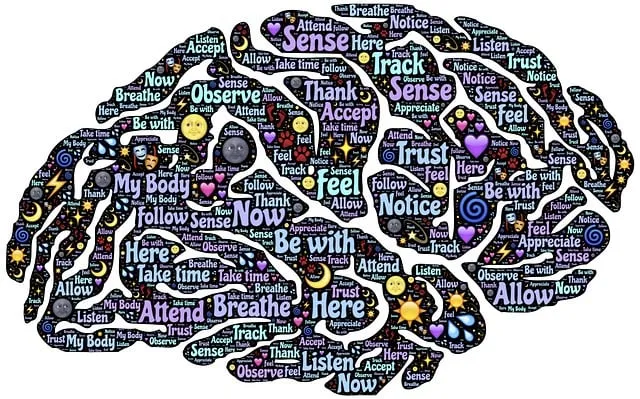
Community engagement and education play a pivotal role in the fight against mental illness stigma. By bringing mental health discussions into public spaces, schools, workplaces, and community centers, we can foster understanding and empathy. Programs led by peer support groups, where individuals share their experiences with mental illness, offer a powerful tool for stigma reduction. These initiatives create safe environments where myths and misconceptions about mental health are challenged, and people learn to recognize the signs of distress in themselves and others.
Educational efforts should also focus on Inner Strength Development, Conflict Resolution Techniques, and Emotional Regulation skills. Workshops that teach these strategies can empower individuals to navigate challenging situations with resilience and reduce the likelihood of internalizing stigma-related stress. Encouraging open conversations about mental health, especially through platforms like phone helplines like the Kaiser Permanente mental health appointment phone number in Golden, can further normalize seeking support, ensuring that those struggling have accessible resources and a supportive network.
Stigma reduction is a multifaceted approach, as evidenced by Kaiser Permanente’s successful case study utilizing community engagement and education. By fostering open conversations about mental health, as demonstrated through their initiative in Golden, we can follow suit and create a more inclusive environment. Contacting the local Kaiser Permanente mental health appointment phone number can serve as a valuable resource for communities seeking to replicate these effective strategies. Through collective efforts, we can navigate the path towards reducing mental illness stigma and enhancing support systems.
